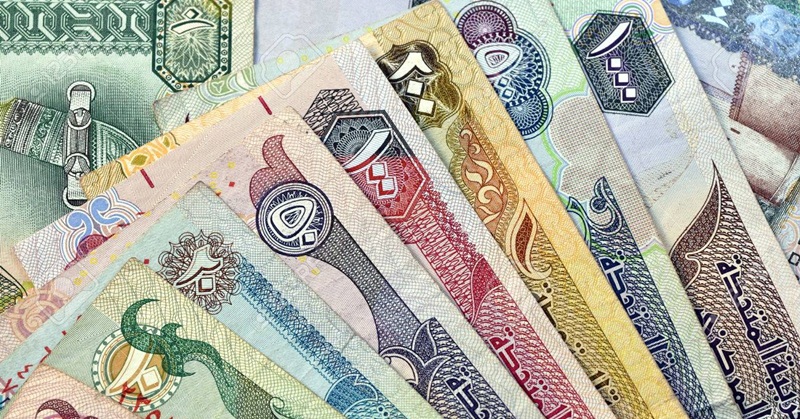Working overseas can be tricky for expats because aside from paying taxes, they also need to pick or set up their pension funds either in their host country or homeland, looking ahead into their retirement, which is always a sound plan for any working individual.
However, as the decision to set up one’s own pension fund can be quite tedious to do by oneself, does joining the state pension fund, say, for those living in the UAE, advisable or important at all?

UAE Pension Fund: Is it Necessary for Expats ?
While the Gulf country has earlier announced that it will enhance and improve the end-of-service gratuity scheme, there is still a need for the UAE to set up a pension fund for expats according to experts, as shared in a report by the Khaleej Times.
According to Barney Almazar, a director at Gulf Law, this is particularly important in the case of the UAE, where around 90 percent of the workforce is composed of expatriates.
Almazar explained that for an employee working in his or her own country where the employer is mandated to contribute to one’s social security services, the employee may rely on the state for healthcare benefits.
However, this is not the case for expats – unless the person opts to contribute voluntarily to his home country pension fund – there is no secured source of income after retirement.
“In this regard, a viable framework is geared towards prefunding. The company and the employee can both contribute to a retirement fund, including post-employment healthcare coverage,” Almazar pointed out.
He further said, “As majority of the workforce are expats, relevant investment and portability provisions should be in place, giving the employee the ability to manage their individual ‘savings’ accounts. This also minimises the risk of employers not having set aside enough money to pay for the promised benefits.”
However, legal experts, financial analysts and medical professions also emphasized that gratuities should not be considered as “a nice exit bonus” because these are way below enough to cover an employee’s retirement expenses.
For his part, Prasanth Manghat, CEO and executive director of NMC Health, said: “Majority of UAE residents depend on their end-of-service gratuity payment to fund their retirement, and the new system stands to help fund the retirement gap between the gratuity payment and retirement costs. Such plans would also provide support for an individual’s healthcare needs during his or her twilight years.”
In line with this, a mandatory pension fund will be ideal and the management of the fund must be transparent to ensure sustainability in the future, Almazar noted.
In a nutshell, expats need to invest for their retirement for the following reasons:
- Longer years of service – medical advancements supporting increased retirement age and years of service will assure expats to benefit from retirement and end-of-service benefits.
- No secured source of income or social coverage – unless the person opts to contribute voluntarily to his home country pension fund – there is no secured source of income after retirement in a foreign country.
- Rising healthcare costs – medical services are constantly on the rise. Therefore, having healthcare coverage through a pension fund will prove to be a big help financially during an expat’s twilight years.
ALSO READ: Why Should I Get Health Insurance in the Middle East?
